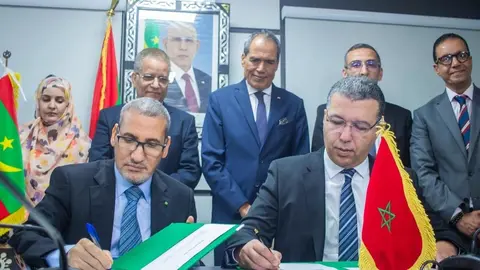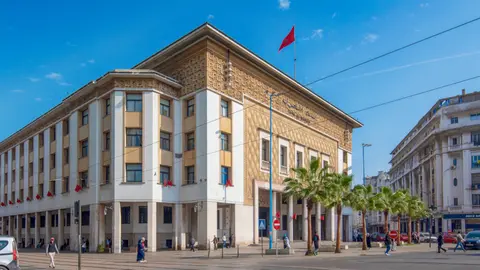Islamic banks in Morocco are experiencing rapid growth despite structural obstacles
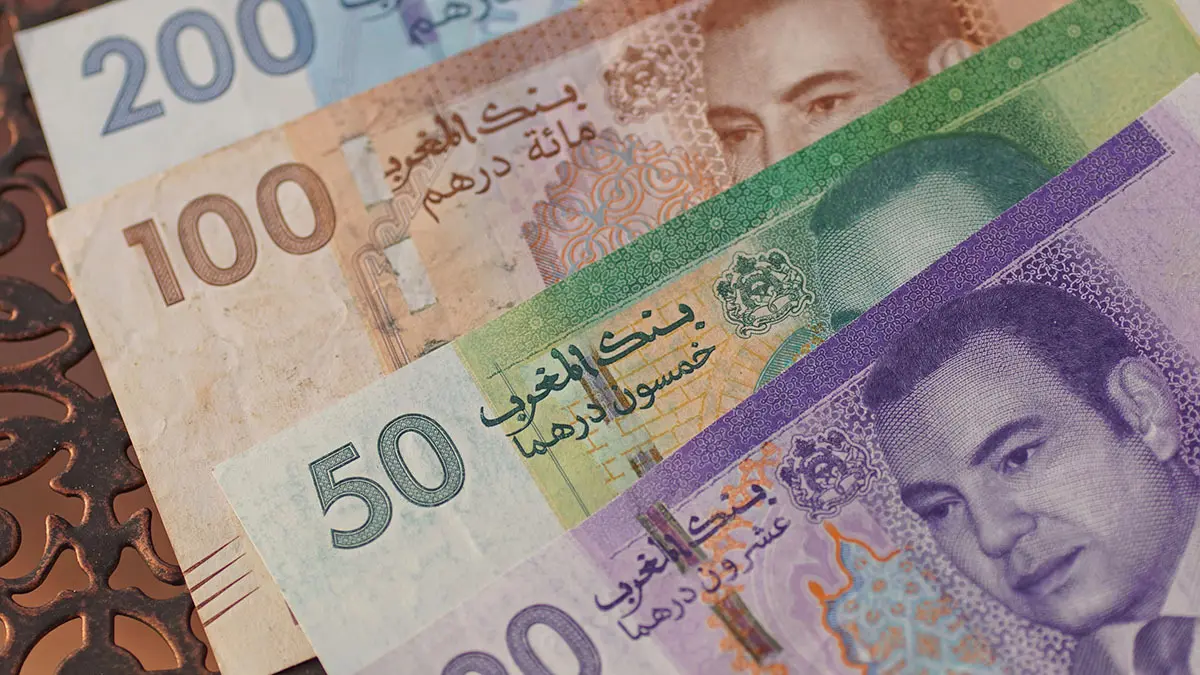
Islamic banks are those based on Islamic law, which prohibits usury and the charging of interest on loans or investments in illicit businesses, in accordance with religious provisions. They also require greater capital involvement in the real economy and do not favour speculative transactions.
These institutions have achieved positive performance despite structural challenges caused by liquidity difficulties and delays in the issuance of Islamic insurance. All this amid the search for stronger political support and the development of new financial products.
Moroccan economist Hisham Bellamine has indicated that the functions of Islamic banks have been particularly positive and that this development is due to reforms being carried out in the area of legislative and legal infrastructure and the introduction of amendments to laws related to takaful insurance and taxation, in addition to the modification of certain decrees and publications by the Central Bank and the Tax Directorate. However, the Anadolu Agency reported that liquidity problems and delays in the issuance of sukuk or Islamic bonds are affecting participatory finance in the North African country and that the liquidity problems are related to the delay in the enactment of the law regulating the sector and takaful insurance.
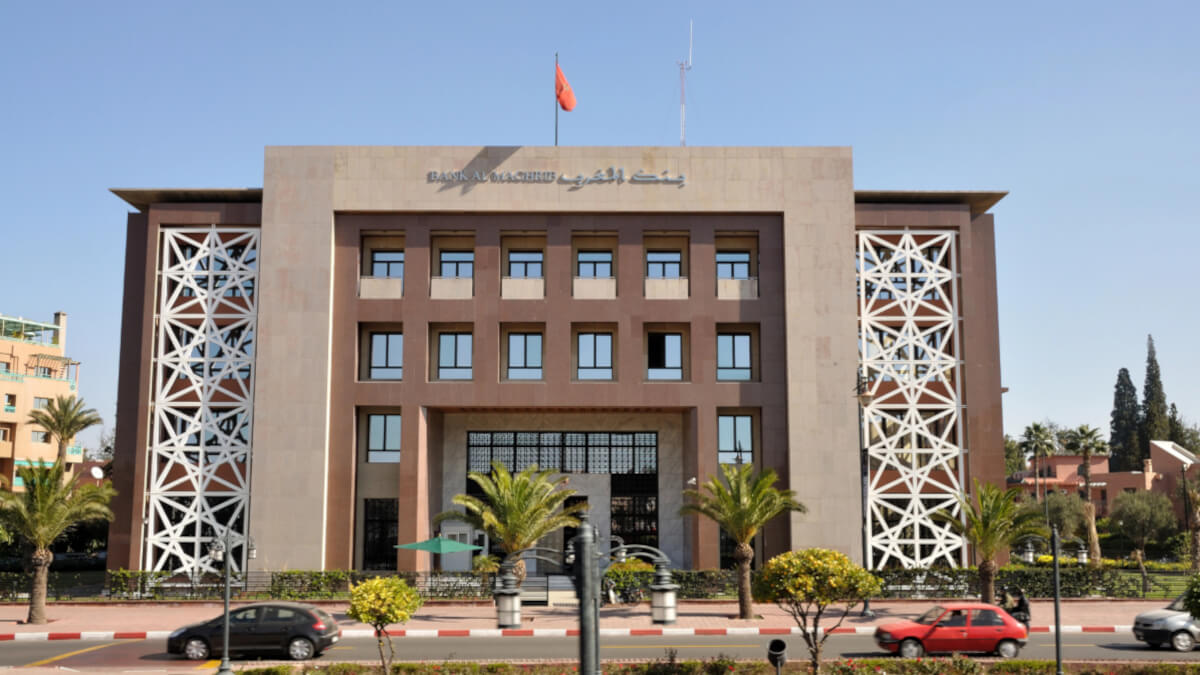
Participatory banks require greater support and political will to increase the efficiency of liquidity management and allow for the establishment of a parallel money market. This was highlighted by Bellamine, who added that institutional support should be expanded, with an emphasis on internal and external governance and auditing. The reasoning behind this is that as the number of financial transactions increases, so does the likelihood of errors and risks, and consequently legal and technical supervisory mechanisms must be strengthened.
The structural problems facing participatory finance are no longer limited to the technical sector, but have become pressing structural issues such as the deterioration of the capacity to mobilise individual and corporate savings, as well as the absence of a parallel market for liquidity through sukuk or Islamic bonds.
Islamic sukuk cooperates with participatory banks in the task of managing liquidity effectively and contributing to the creation of a parallel money market in an environment where Morocco has only issued one sovereign instrument in 2018 and another launch is expected this year. Adopting Islamic sukuk is an important financing instrument that could surpass traditional loans and be more useful in reducing the burden on Moroccan public finances. In July, the governor of the Central Bank of Morocco, Abdellatif Jouahri, announced the government's intention to issue a new Islamic sukuk this year to support liquidity in participatory banks and contribute to the progress of Islamic finance.
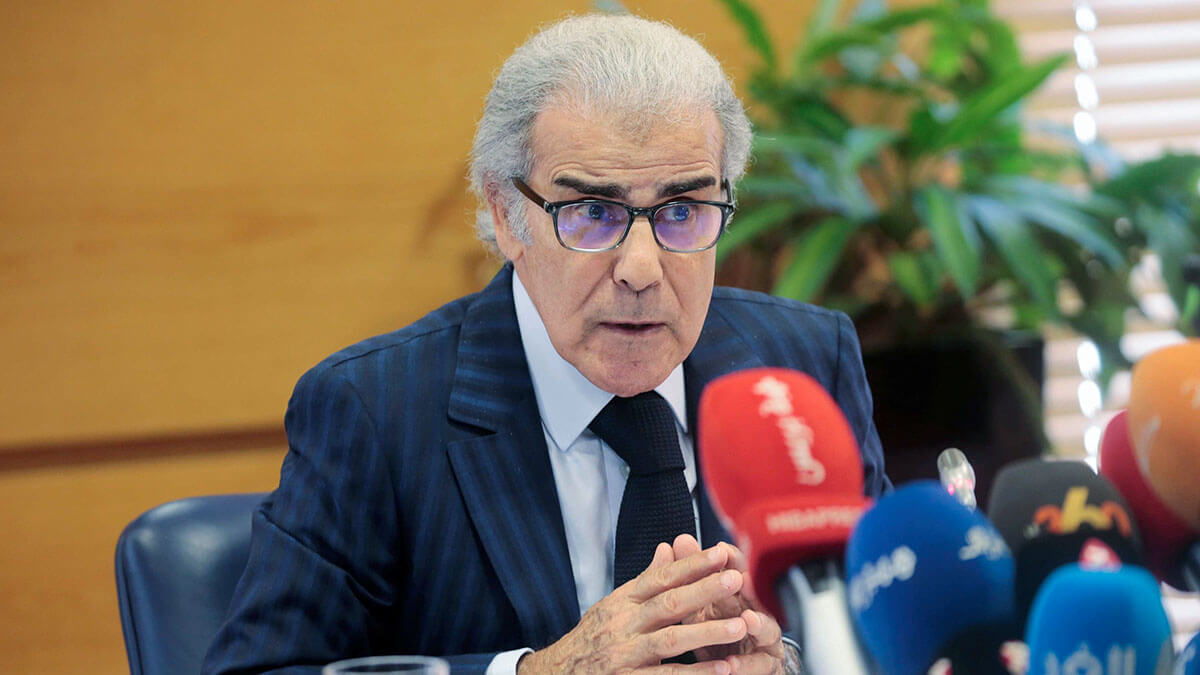
According to data from the Central Bank of Morocco, the assets of participatory banks represent 2% of the total assets of the nation's banking sector, estimated to be equivalent to 1.9 trillion dirhams or approximately 190 billion dollars. The Moroccan banking system is made up of 24 banks, of which five are Islamic banks. The total assets of the entire sector account for around 130% of GDP, a low percentage according to previous forecasts. However, Islamic financing in the real estate sector increased by 15.4% year-on-year in January, reflecting existing demand.
On the other hand, there are discrepancies in the financing provided by participatory banks, which amounts to 35 billion dirhams or 3.5 billion dollars, and the volume of savings in investments and current accounts, which does not exceed 12 billion dirhams or 1.2 billion dollars, a situation that has the potential to become a structural risk if public savings are not stimulated.
Precisely, the activation of the new range of tools such as participation, speculation, industry and rental are means that are expected to encourage companies to invest in the sector and stimulate the economy. It is now necessary to integrate the new mechanisms into the financing of infrastructure projects and key initiatives without delay in order to modernise financial instruments and enhance the capacity of banks to mobilise savings and finance large projects, such as infrastructure projects linked to Morocco's preparations to host the 2030 World Cup or road and airport expansion activities. Investment is also needed in digitalisation and modern financial technology to attract young people and promote financial inclusion in general.

